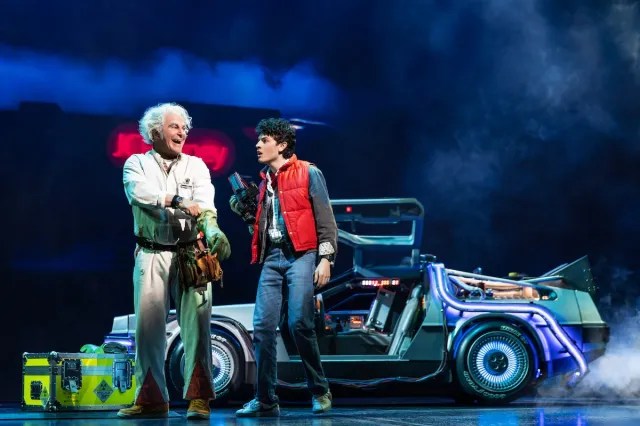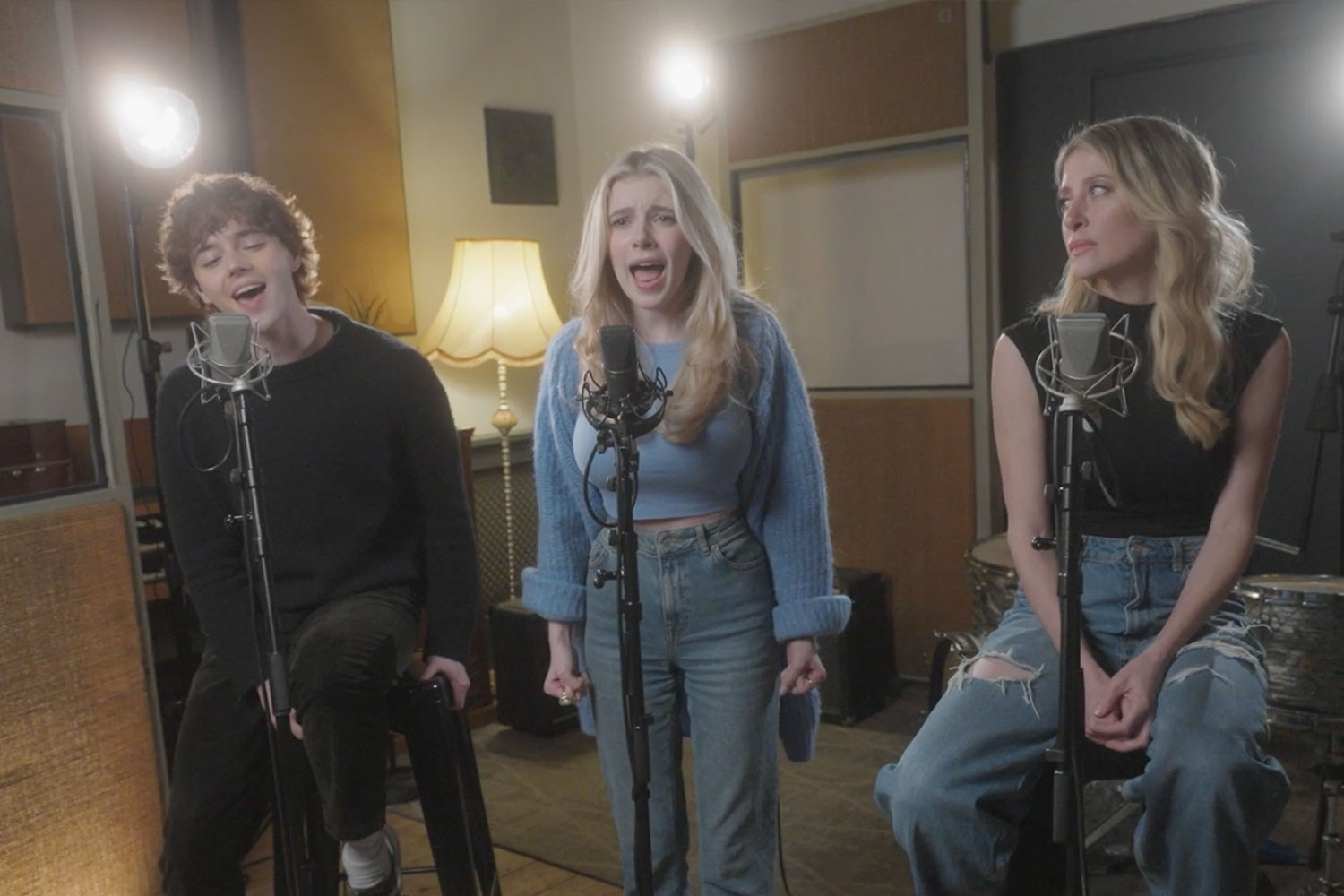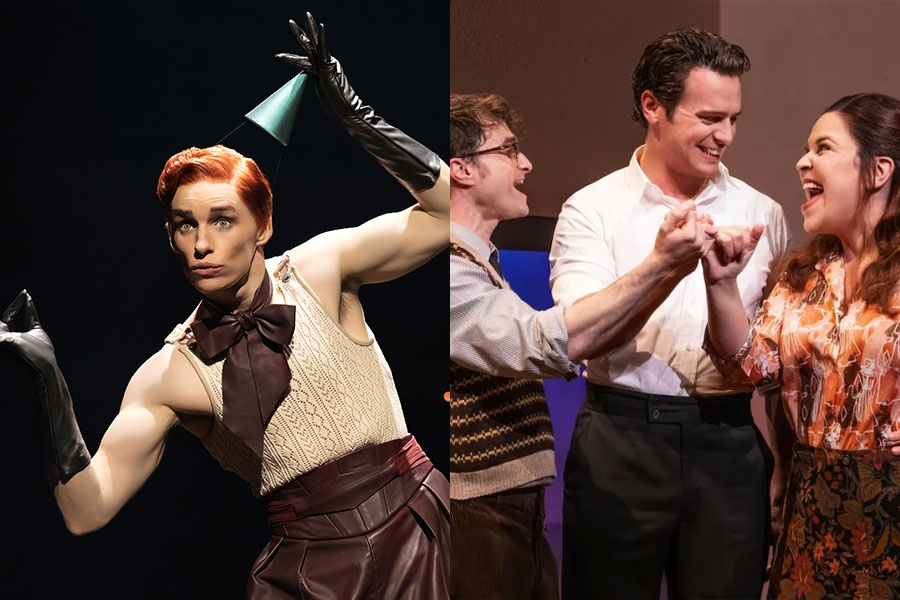Revelations
The downward spiral of Hampstead Theatre as a credible new writing venue reaches rock-bottom with Revelations (or so one can only hope – it surely can’t get worse than this, can it?), a late entry for the title of most feeble new play of the year but an almost certain winner of that dubious distinction.
A play about relationships that’s (un)dressed as a sex comedy that is neither sexy nor funny, it calls into serious question the taste and judgement of new artistic director Anthony Clark, who also programmed and directed the last terrible new play originated at Hampstead, The Maths Tutor.
The theatre – which opened its stunning new £15.7m premises in February and which Clark took over in July – has recently reportedly applied for a £500,000 bail-out from the Arts Council, but unless it can find plays significantly better than either of these, it’ll be a case of throwing good money after bad.
The none-too-revelatory Revelations follows an earlier Hampstead offering, Tim Firth’s The Safari Party, in offering another lesson in contemporary social and sexual rituals. Where Firth’s play made light, sometimes poignant work of revealing the social aspirations fuelling a roving dinner party (where each course is taken at a different household), here Stephen Lowe makes heavy-duty, nudge-nudge, wink-wink, mileage out of a party of roving sexual desires.
Four couples convene in the conservatory of a National Trust owned Victorian folly that Jeni and Edward have hired in the Lake District for a ‘swingers’ party’. Immediately, the spinning cogs of the playwright’s aspirations are apparent, rather than the organic development of the characters lives: the doors to the conservatory are, symbolically, a stained-glass triptych of a pre-Raphaelite Adam and Eve on either side of an apple tree. And wouldn’t you know it, Edward is even more helpfully an academic art historian who launches straight away into a dissertation on its significance.
In this new-age Garden of Eden where they have convened to taste some forbidden fruit, the playwright lays on everything slow, heavy, pedantic and symbolic. “This way at least we might rediscover our locked-away desires,” Edward says to his wife, who’s none too sure that she wants to go through with this. Old hands Shirley and Jimmy are at least on hand to show them the ropes. “Well, not ropes. Figure of speech”, Edward hastily clarifies, exemplifying the standard of the jokes we’re going to endure, some of which not only sound like seaside postcards but are actually ascribed to them.
When Shirley and Jimmy arrive, a parade of costumes from Shirl’s amateur dramatic society in tow, the stage is set to turn the place into what Jimmy calls a “bistro of bonking”. The other two couples, however, have darker or symbolic intentions. Emma and Tony are filming a documentary on swinging with hidden cameras. And Jack and Jill – sometime missionaries now bored with the missionary position – are stand-ins for Adam and Eve.
This shaming play is so bad that you frequently want to watch it from behind the cracks of your fingers. You have to give the cast of eight credit for lasting the course; but I won’t add to their embarrassment by actually naming them.










